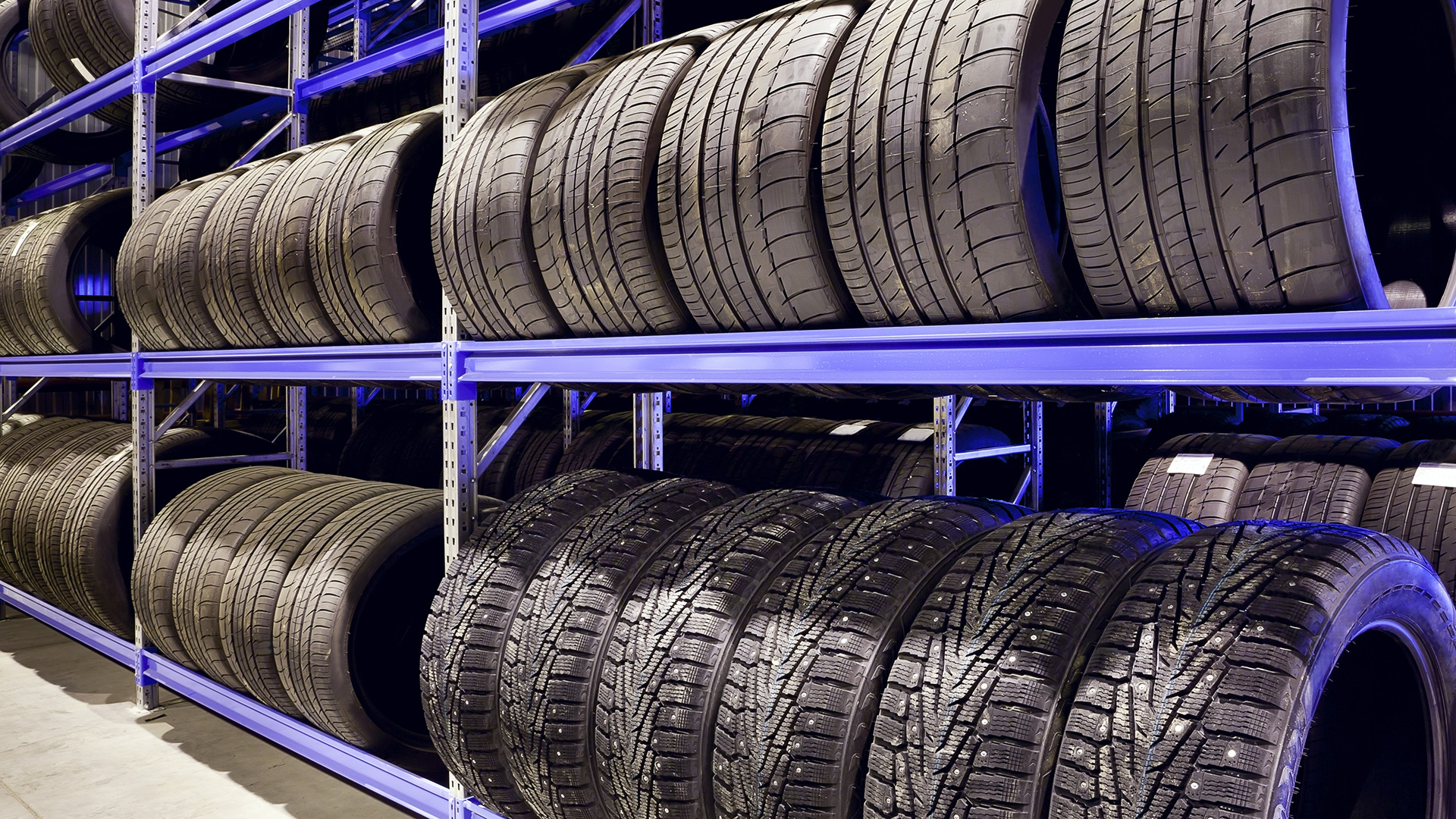Shopping for tires can get overwhelming. If you’ve decided to replace your tires with something different, you may have dozens of options to choose from, depending on your application. Things can get really confusing when looking at all the different types and categories of tires, especially when some retailers put their own spin on them. Generally, most tires actually fall in just a few broad categories, but some companies will have subcategories, like “ultra high-performance tires” to help narrow down your search.
Here, we’ve done our best to try to explain the differences between the most common tire types as straightforward as possible. These are the broad categories you’ll likely come across when shopping for tires.
All-Season tires
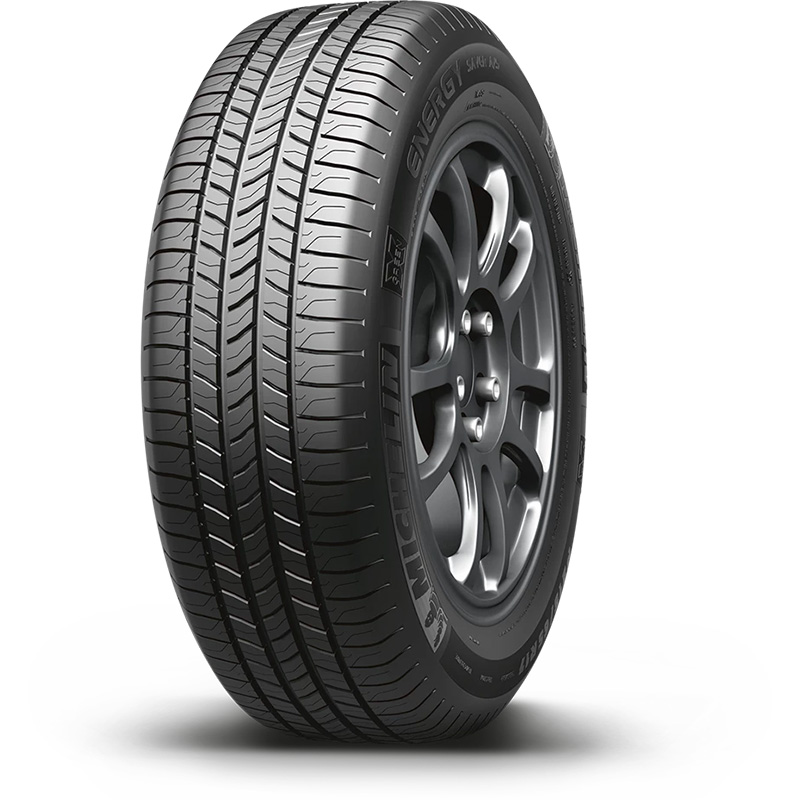
- Delivers good performance in wet and dry conditions, operable in light snow
- Available in a wide range of sizes for all types of vehicles
- Likely won’t offer the same handling and grip performance you expect from summer tires
- Ideal for drivers who experience all four seasons, but only light snow
Performance All-Season tires
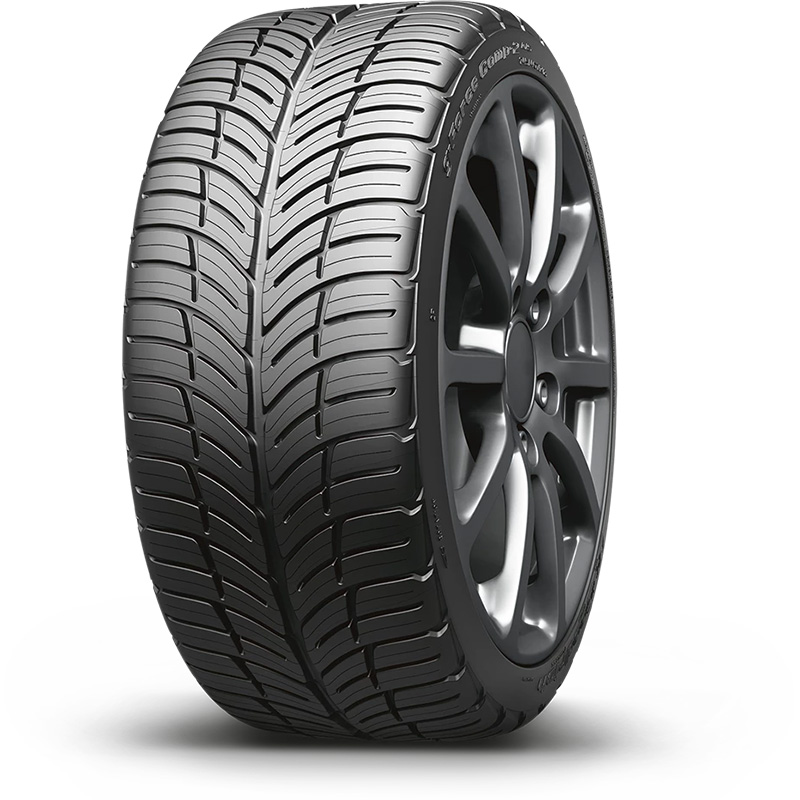
- All-season tires that focus on performance
- Sacrifices treadwear and longevity for better handling and grip
- More expensive than standard all-season tires
- Best used on high-performance sports cars and sedans
- Avoid in areas with heavy snow or ice
Touring All-Season tires
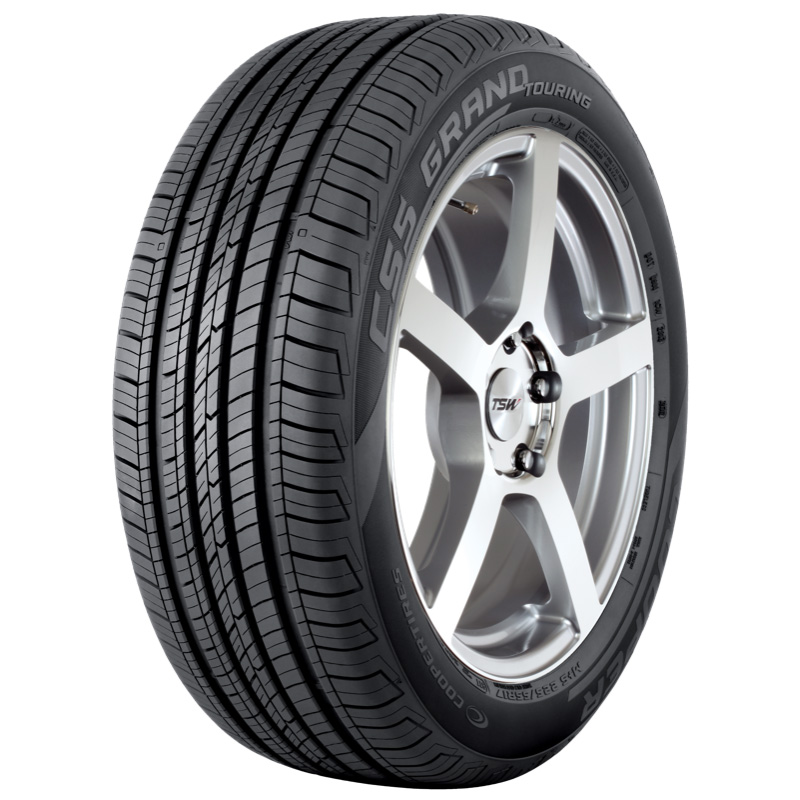
- Designed for passenger cars, crossovers, and SUVs
- Focus on comfort and low noise
- Offers decent performance, comparable to standard all-season tires
- Ideal for car owners who care more about comfort and road noise than high performance
Summer tires
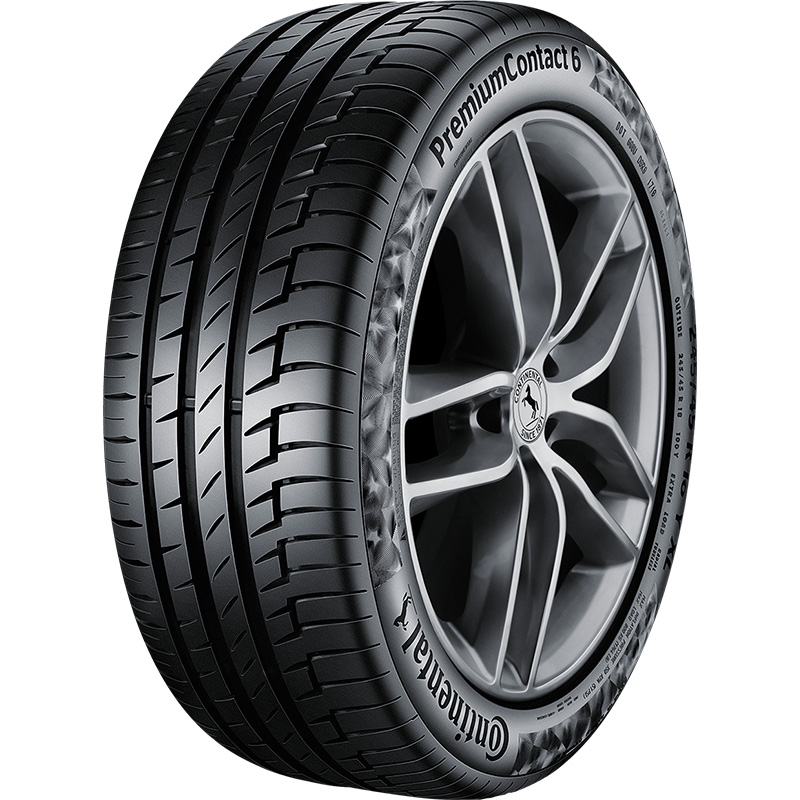
- For use in warm weather conditions — never use summer tires in the cold!
- Rubber compound provides good grip and traction at high temperatures
- Offers best performance on dry roads
- Most summer tires offer adequate performance in wet conditions
Performance Summer tires
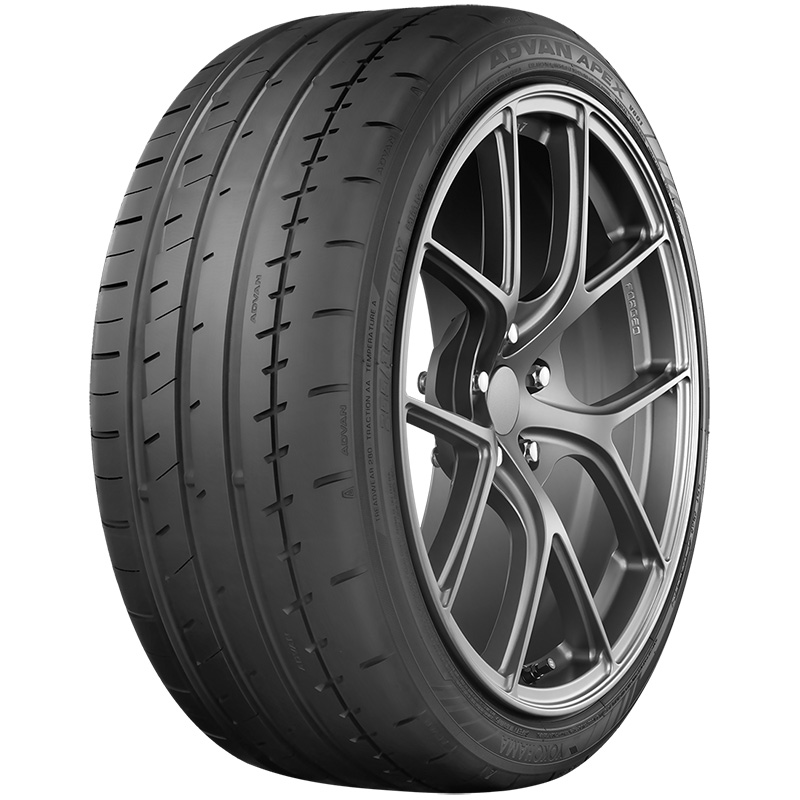
- Greater focus on grip and handling performance
- Softer compound sacrifices treadwear and longevity
- Best used in warm weather, but will offer adequate performance in wet conditions
- Ideal for high-performance sedans and sports cars that never drive in snow or on ice
- Can get quite expensive!
Track / Competition tires
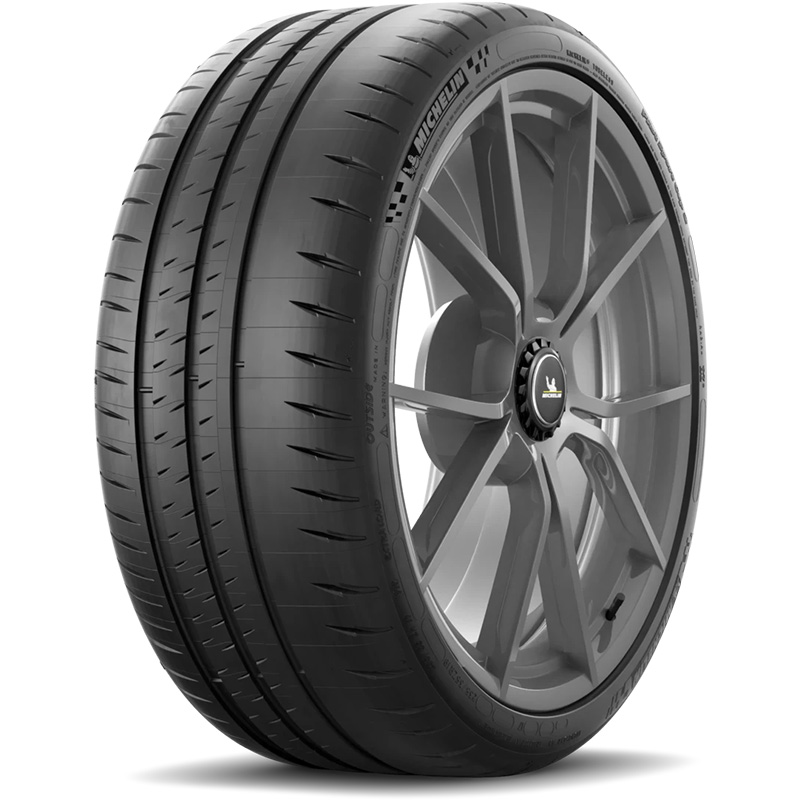
- Ultimate performance tires, designed for track and competition use
- Some tires can be used on the street, but you should avoid driving in wet conditions
- Designed for maximum grip and traction at high temperatures
- Tread will wear out quickly!
Winter / Snow tires
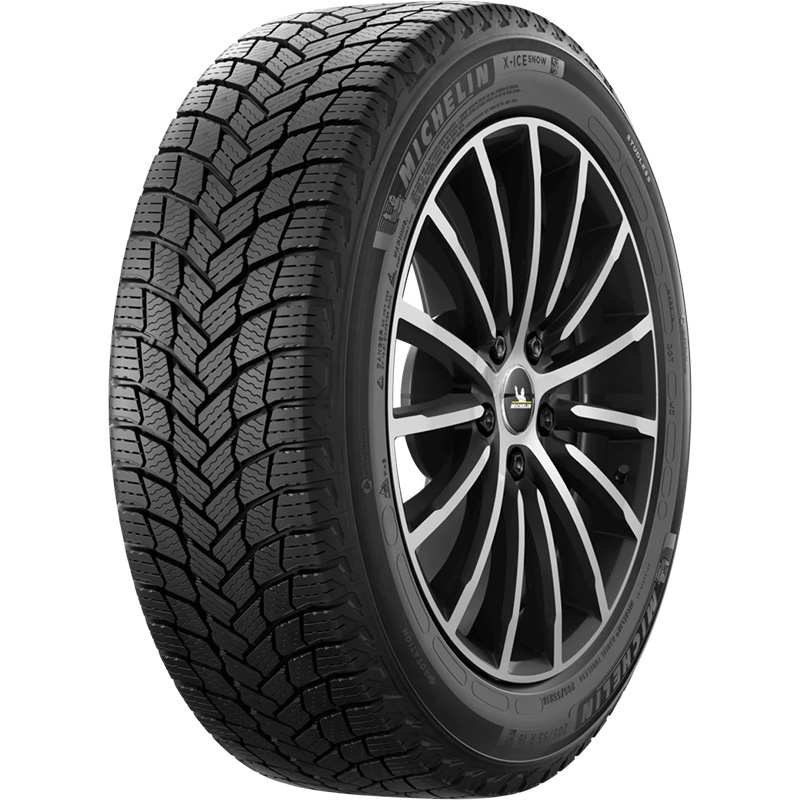
- Winter tires are also known as snow tires
- Ideal tires to use in areas that experience heavy snowfall and ice
- Provides increased traction on snowy and icy roads
- Recommended to use winter tires if temperature drops below 46°F
- Some winter/snow tires can be studded for increased traction on ice
Light Truck tires
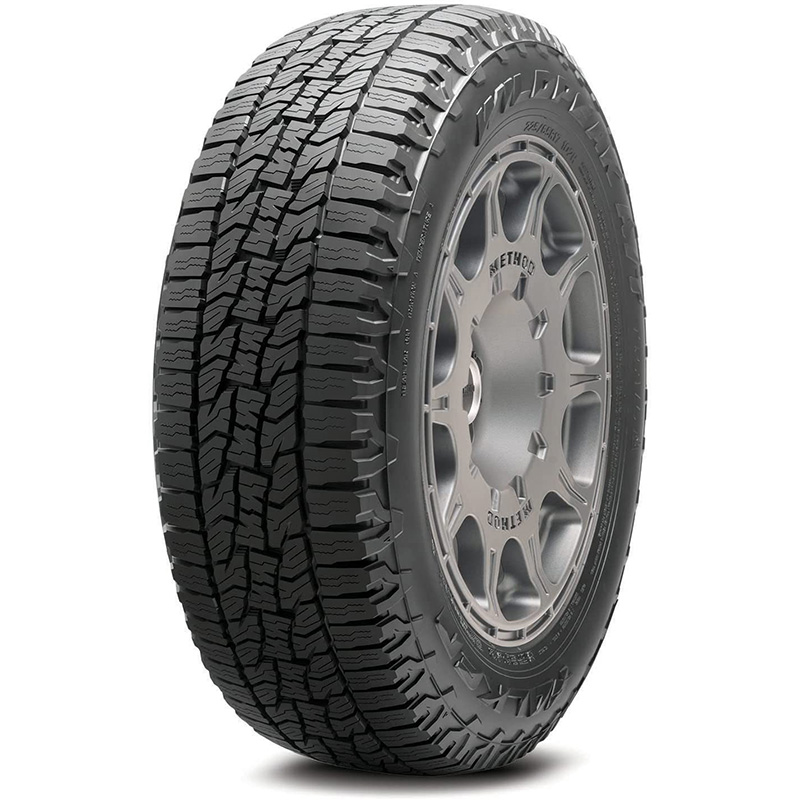
- Also known as LT tires
- Higher weight and load capacities make them ideal for light trucks and SUVs
- Typically have more aggressive tread pattern and offer better off-road traction than a conventional tire
- Generally available in all-season and winter options
All-Terrain tires
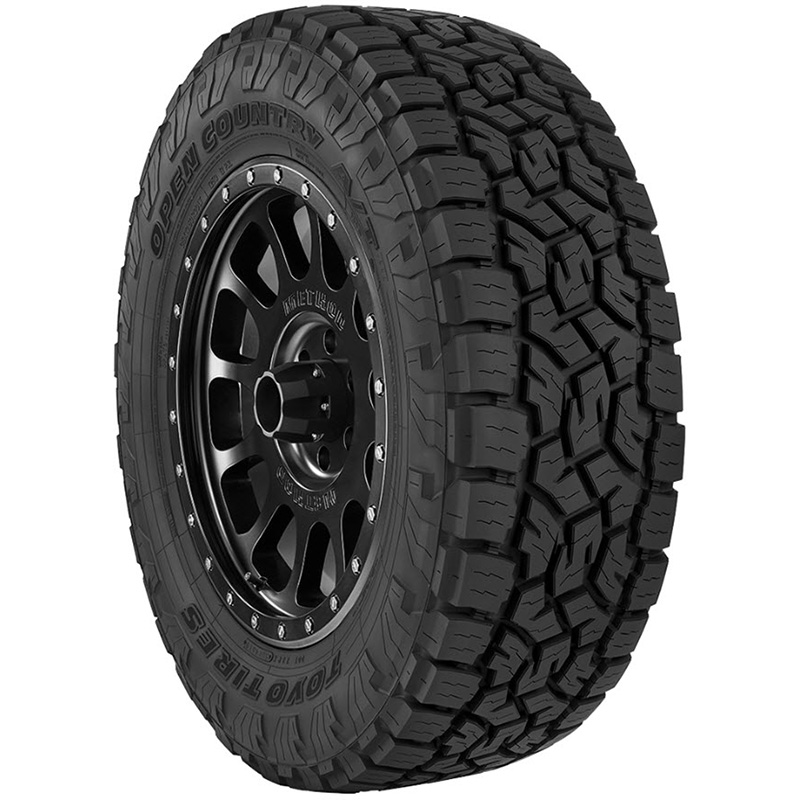
- Also known as A/T tires
- Best for pavement, gravel, dirt, and mud
- More aggressive tread pattern to deal with off-road-type conditions
- Often used on SUVs, light trucks, and other vehicles that drive off-road
- Tend to be noisy when driven on the street
